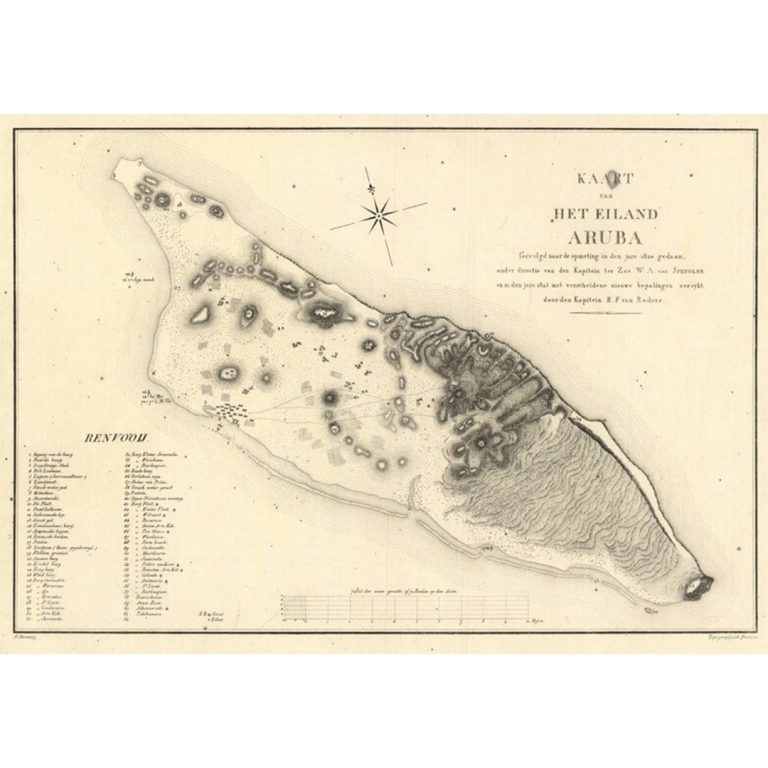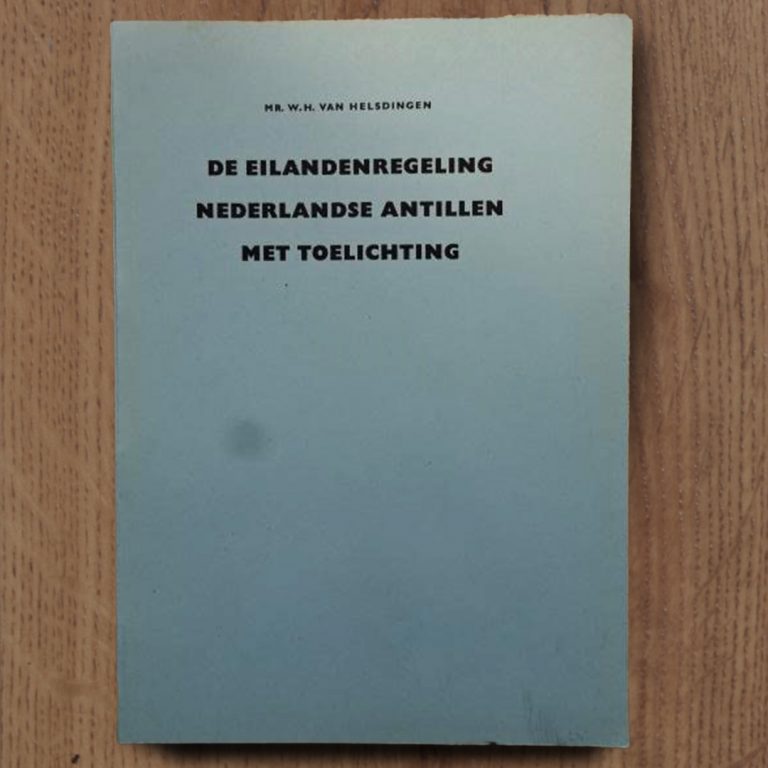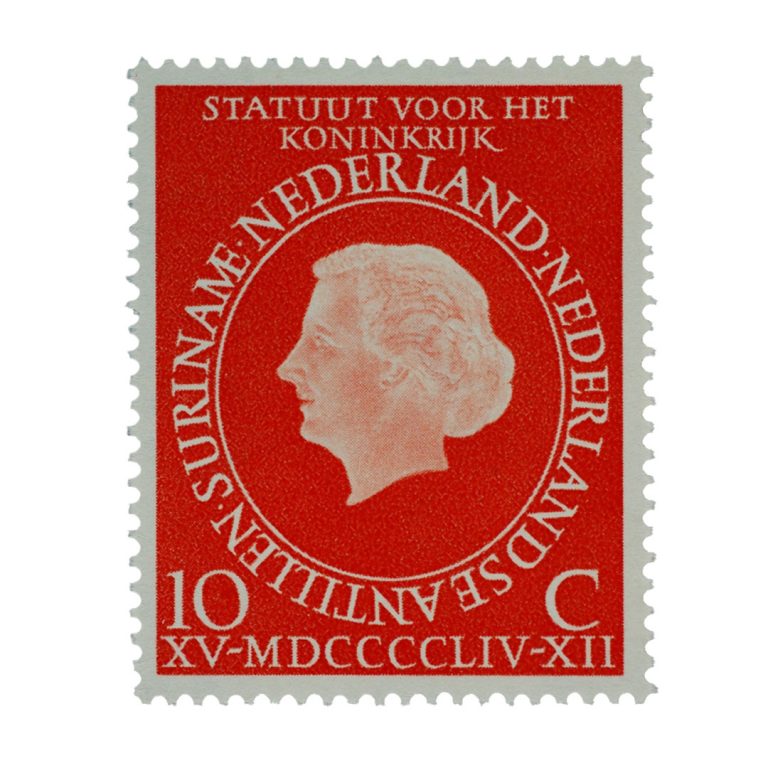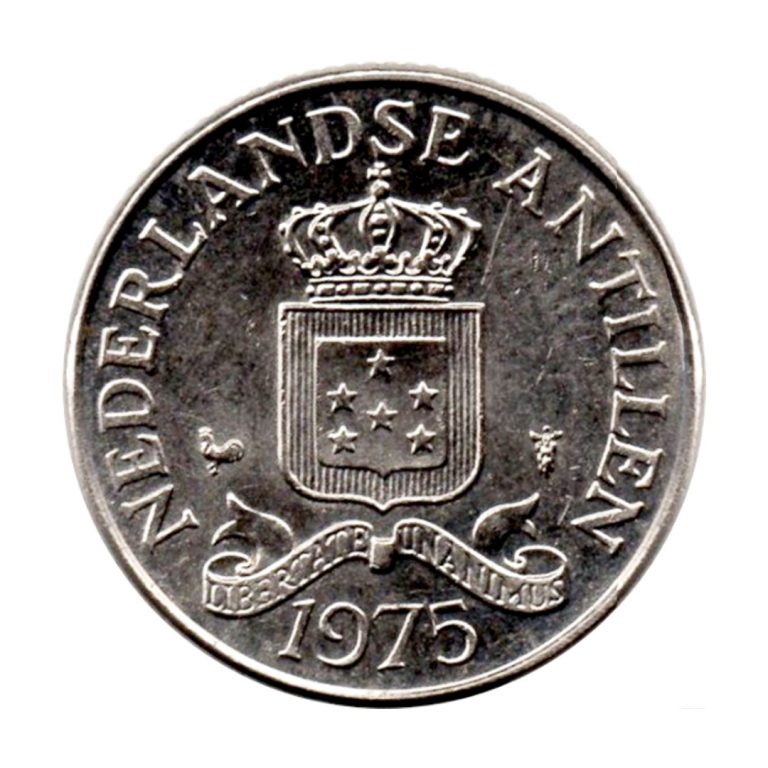Aruba and The Netherlands have a long history which started in 1816 when Aruba became part of the Dutch Kingdom.

In 1951 the legislation was finalized in which it is stated that the autonomy of the islands is in a municipality form. This means that Aruba was limited in its decision making, and most of the authority was in the hands of The Netherlands.

There were different conferences taking place during the preparation for the introduction of the constitution for the Dutch kingdom. In 1954, the constitution was finalized. The laws regulating the position of Aruba and the other islands in the Antilles were ratified in the constitution and referred to as the “Dutch Antilles Laws Regulations”.
In the constitution, the Dutch Kingdom consisted of three countries which were The Netherlands, Surinam, and Netherlands Antilles. The highest authority of The Dutch Kingdom was the queen, followed by the governing organ which consisted of the
council of ministers in The Netherlands, the plenipotentiary minister of Suriname, and the plenipotentiary of The Netherlands Antilles. During this period, Surinam and Netherlands Antilles had a little bit more autonomy to make their own decisions.
In 1954 Netherlands Antilles were divided in four territories which were: Aruba, Curacao, Bonaire, and Upward Island(s). The governor had the highest authority over the territories, and he was appointed for a period of six years. The representation of the Netherlands Antilles consisted of 22 seats in the parliament. 12 were for Curacao, 8 for Aruba, 1 for Bonaire and 1 for the Upward Island(s). The representatives in the parliament were elected for a period of 4 years.

After Suriname became independent in 1975, The Dutch Kingdom consisted of two countries which were The Netherlands and Netherlands Antilles.

In 1983 during the meetings the autonomy of the territories were being discussed.
Aruba pushed for more independence, striving towards autonomy on the long term and came to an agreement that at the end of 1985 this would become official.
On the 1 st of January 1986 Aruba was granted “Status Aparte” and became autonomous within The Dutch Kingdom. Consequently, The Dutch Kingdom shifted back to consisting out of three territories: The Netherlands, Netherlands Antilles, and Aruba.
Aruba left the Antilles constellation and therefore became the 3rd country within the kingdom. Through being granted autonomy, Aruba now had its own government, parliament, and governor. The parliament has a president, and the government of Aruba
consists of the ministers and the governor.
After different assessments, in 1990 Aruba opted to stay autonomous within the Dutch Kingdom instead of becoming fully independent on its own.
Please fill out the form below and we will contact you with more details.
Send us your proof of payment.
Select all options that interest you and we will provide the necessary details.
Send us your suggestions, ideas or questions.

